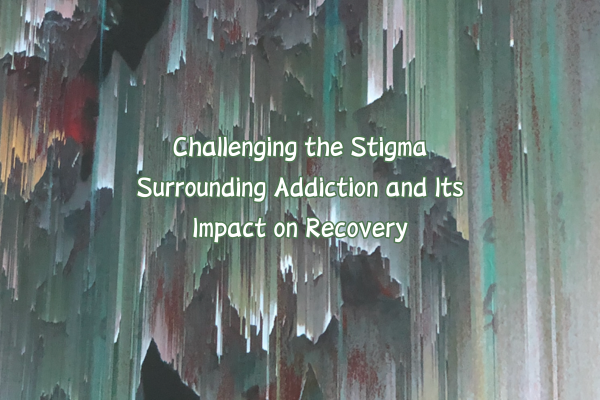Living in an enclosed society, where day-to-day life may seem almost like a replica to a simulation at times, people tend to block out real issues that lie among us as individuals. Hiding away from the existence of an everlasting challenge which as a society we choose to push aside to live the fantasy dream we all tend to pursue. The unfortunate issue in question is addiction. A topic that many people ignore due to “personal self-control struggles”, lack of understanding, or simply because of the blatant fear to confront the reality of addiction.
Addiction is known to be very common in today’s world. We can see this on the daily in many different forms, such as drug or alcohol addictions, behavioral addictions, or other related factors. It is seen today that “21 million Americans have at least 1 addiction and only 10% receive treatment for it. Moreover, 25% of people who use illicit drugs develop an addiction.” The true disease that addiction plays into many people’s lives is more common than you may be thinking. But if it’s so common, why do we as a society alienate those who may be struggling?
From an outside perspective, picturing how an individual got to that point or what has happened in their life, is the first place to look back upon. Society is too quick to judge, for example, when you watch a specific film that features a character who faces drug addiction or simply seeing a stranger out on the streets trying to make ends meet, what comes to mind? If you think about it, negative stigma is what surrounds the idea of addiction and that only supports the problem. Instead of tearing those individuals down, we should be lifting them up and making sure they feel seen.
The negative stigma that envelopes addiction begins with weakness. For one, some people question why addicts tend to “give up their lives” etc. Addiction is viewed as a let down to society’s standards. However, “factors such as peer pressure, physical and sexual abuse, early exposure to drugs, stress, and parental guidance can greatly affect a person’s likelihood of drug use and addiction.” Ignorance is what causes the problem to worsen, but being open to the idea of understanding addiction is the first step to helping someone who may struggle.
To dive into the specifics, some of the negative stigma is centered around mental health as a whole. Anxiety, depression, PTSD, and other mental health issues are actually closely associated with addiction. Looking at the mental health lens, minimizes the tendency to place the blame on the individual when addiction is seen as a symptom of a larger mental health condition rather than as an isolated issue. Since mental health and rehabilitation for addictions are frequently linked, it is crucial that they be incorporated together. Using this comprehensive approach will eliminate the stigma that divides various problems and motivate more people to get treatment.
Not only is mental health a concept to grasp in the face of addiction, but changing the way you may think or feel towards these individuals can truly help push forward societal attitudes and create a more supportive and understanding world for those struggling with an addiction.
The impacts this hard-hitting stigma has on sobriety or recovery in general upon individuals with substance use disorders leads to the issues that prevent people from reaching out for help due to pure judgment, feelings of social isolation, an increased risk of relapse, and even factors that apply to discrimination in the workplace or public. In order to fight against the challenges negative stigma brings to our world, we need to decrease the impacts it has upon individuals who are struggling. Only we can make a change and help open the eyes of the society among us.
If you or someone you know is struggling with addiction, don’t be afraid to reach out for help or support.
National Substance Abuse and Addiction Hotline
1-844-289-0879









